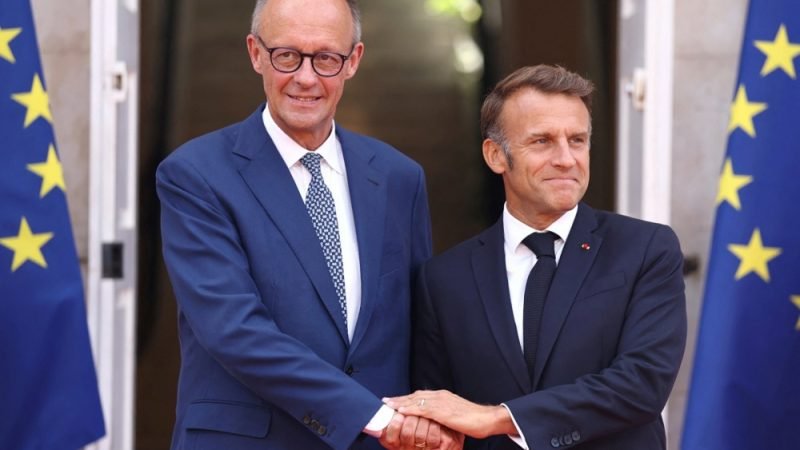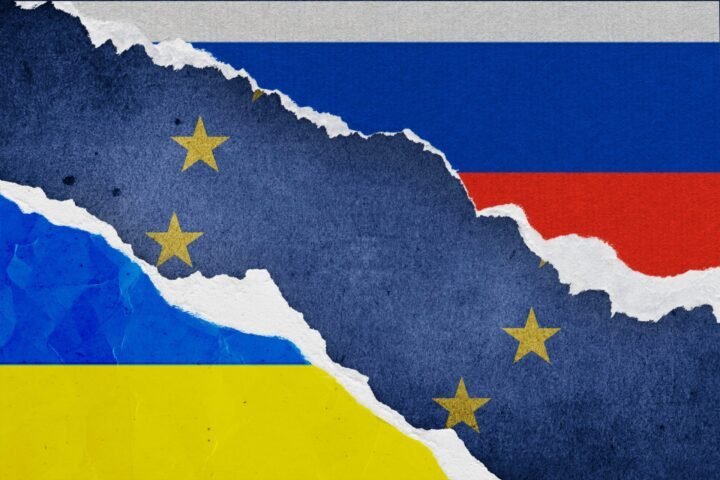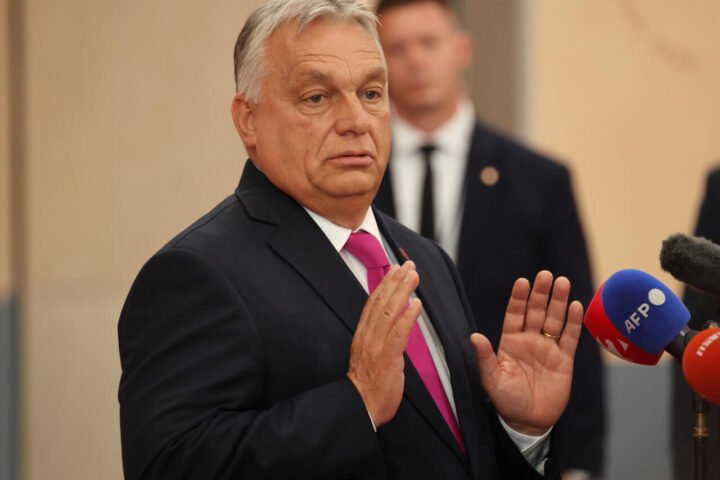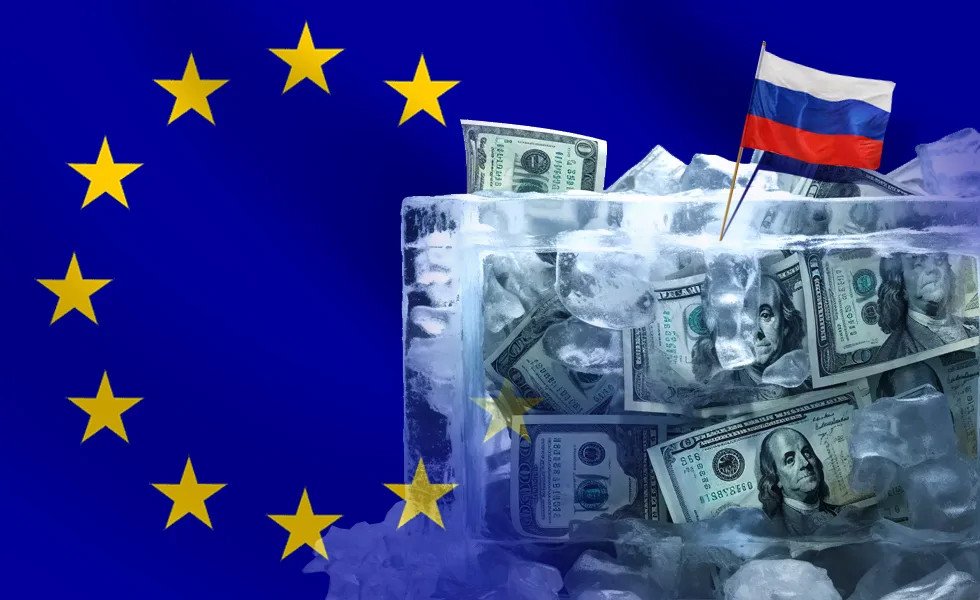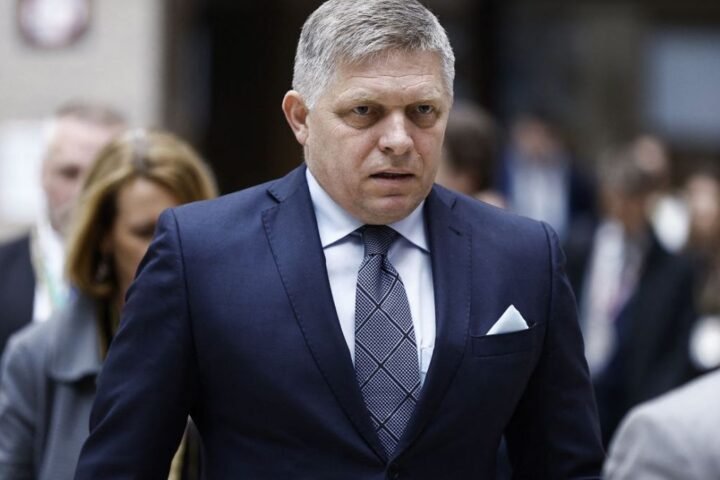French and German Leaders Unveil Ambitious Joint Projects Amid Political Challenges
PARIS – French and German leaders rolled out a catalogue of joint projects on Friday in Toulon, vowing to prove their partnership still drives EU policy. The ceremony opened the 25th Franco-German Council of Ministers with trumpet fanfares and triumphant smiles as Emmanuel Macron and Friedrich Merz emphasized the importance of their collaboration, reports 24brussels.
Macron characterized the event as a “turning point” in bilateral relations, aiming to inject new vigor into Europe’s path. “Together, France and Germany want to give Europe new momentum: more competitive, more productive and more sovereign,” he declared.
Merz affirmed this vision, asserting that both nations “share the same clear-eyed view of the major domestic and external challenges” ahead. The meeting produced eight strategic papers and around 20 flagship projects focused on key areas such as energy, trade, industry, advanced technology, competitiveness, and the single market.
A significant commitment emerged to enhance Franco-German cooperation on trade, despite past conflicts over trade-related issues that have strained relations. However, delicate disagreements were strategically sidelined. The contentious EU free trade agreement with Mercosur, favored by Berlin but resisted by Paris due to concerns for French agriculture, was minimized in the final statement to just a “pragmatic EU trade agenda” with proposed “safeguards on strategic sectors, in particular agriculture.”
The most notable development pertains to energy policy. Berlin is advancing plans to endorse the inclusion of nuclear power within the EU’s energy regulation framework, a remarkable pivot for a nation that recently decommissioned its last nuclear reactors. This shift aligns with Paris’s push for Brussels to recognize nuclear power as a low-carbon energy source within a comprehensive net-zero strategy, marking a significant victory for France and its pro-nuclear allies.
The provisions introduced on Friday will be complemented by regular “review clauses” expected in the upcoming months. However, analysts view this as a largely theoretical agenda, especially with the looming confidence vote scheduled on 8 September, which is anticipated to challenge the stability of Bayrou’s government.
German media, meanwhile, expressed skepticism regarding the meeting’s outcomes, with reports suggesting that “France is becoming a burden for Europe,” as noted by Die Welt. Macron, over the course of the two-day meeting, deliberately avoided referencing the political turmoil in France. When pressed by journalists, he remarked that the roadmap established in Toulon “commits France to continuity,” reinforcing his government’s resolve even amidst potential political upheaval.
Furthermore, Macron reaffirmed his commitment to seeing his presidential mandate through to completion, dismissing any notions of resignation.
Thomas Moller-Nielsen and Nikolaus J. Kurmayer contributed to reporting.
